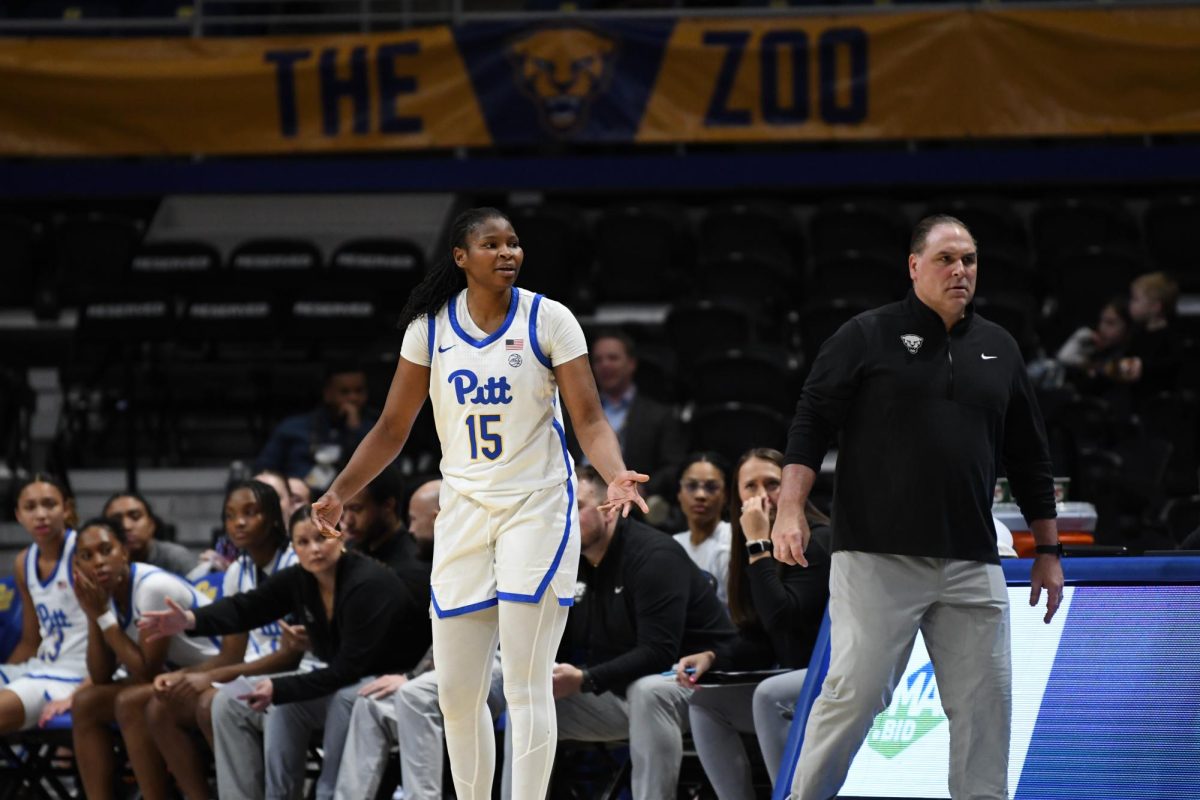Matisyahu brings good vibes to Mr. Small’s
August 28, 2010
When Matisyahu stepped onto the stage at Mr. Small’s last week, the mood of the room took a… When Matisyahu stepped onto the stage at Mr. Small’s last week, the mood of the room took a noticeable turn.
The buzzing drone of chit-chatters quieted, cell phones were resigned to the depths of purses and pockets and the reggae artist known for his novel approach to music bowed his head to the microphone. The experience had begun.
From that moment until the very last note, Matisyahu, an American Hasidic Jew, exuded a mix of uniqueness and relatablity. The 31-year-old native of West Chester, Pa., wore the traditional Jewish tallit, a shawl typically worn during prayer with four white tassels hanging from the bottom, aviator sunglasses and a Volcom flat-brim hat. He was, of course, also sporting his signature beard and payot, locks of hair in front of the ears that wearers don’t cut for religious reasons.
His vocals went from a melodious prayer spoken in Hebrew to a series of rapping and beat-boxing interludes. Some of his songs were so catchy that they sounded like they could be Top-40 hits. Others blended various types of music, such as hip-hop and reggae to create a totally unique sound.
Matisyahu created his own original flow, transitioning between rapping, singing and prayer-like chanting. There was something to please every taste, and Matisyahu captured everyone’s attention. He even threw in some dancing and walked along the very edge of the stage, hinting at the possibility that he may fall right into the crowd. There were many open hands eagerly waiting, but the artist just slapped a few high-fives and continued alongside his band.
The music that set the stage for Matisyahu’s performance was played by Dub Trio, his openers from Brooklyn, N.Y. The group and Matisyahu had great chemistry and a talent for diverse rhythms that was apparent in its musical sequences. Despite posessing undeniable skill, the band members took a backseat to the solo artist, as his mouth ran a mile a minute into the microphone, causing his voice to sound as if it were another instrument.
Perhaps what was so striking about Matisyahu was his seemingly flawless ability to create an energy unlike any other. His seamless transitions between reggae, hip-hop, alternative and folk stylings, coupled with his self-effacing lyrics that called for peace among mankind, created an undeniable air of community and interconnectedness throughout the audience.
Matisyahu’s style is not so much a clash of customs as it is an avant-garde merging of melodies and cultures. While he performed, it seemed as though invisible forces stirred on the stage and inspired the crowd to be further unified by the swaying of hips and the shifting of hands and heads beneath the green, red and blue flood lights.
“You can hear the ground breathing,” he sang, and it was almost as if you could, listening to the cyclic beat of the drums behind him and the shuffle of the crowd.
Matisyahu will continue on to Hungary, Israel and California for additional shows to wrap up his 2010 year of performances of his most recent album, Light, out on Epic Records. Light debuted in the Top 20 on the Billboard charts, and “One Day,” a single from the album, was designated the official anthem for the 2010 Winter Olympic Games.


